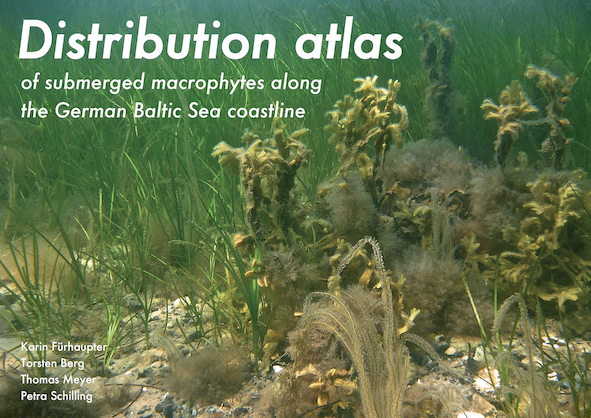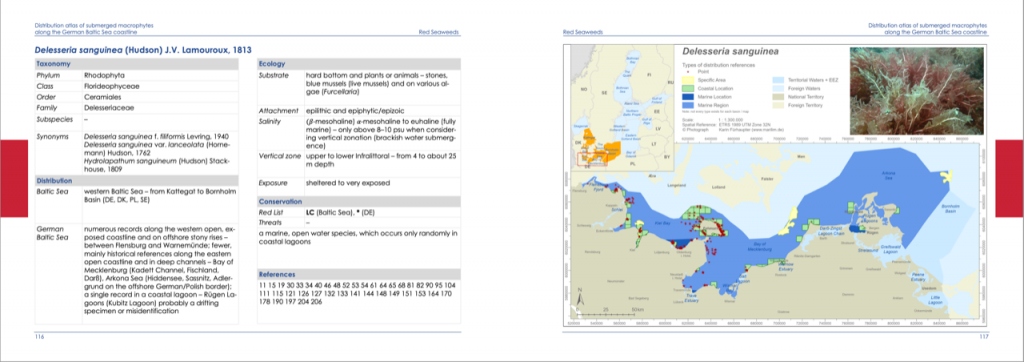The seas of the EU are still far from achieving ‘good environmental status’. This is shown by a new study in which researchers have summarised and evaluated the data required by the Marine Strategy Framework Directive (MSFD) from all EU Member States. This includes data on biodiversity, fish stocks, marine litter and underwater noise. The results show that biodiversity is in poor condition in almost all waters. In addition, there are large data gaps in many regions. These make it considerably more difficult to draw up action plans for the protection of these waters. The authors of the study call for immediate action to improve monitoring and action plans both regionally and across the EU.
The European Union wants to achieve ‘good environmental status’ in all European waters with the help of the Marine Strategy Framework Directive (MSFD 2008/56/EC). Water bodies are complex natural systems that are affected by a variety of human impacts and pressures. The MSFD has defined 11 qualitative descriptors that Member States must use to assess the environmental status of their waters every six years. The new study compiles all of this data to evaluate the status of all European waters. The results show, on the one hand, that biodiversity in all European waters is in poor condition and, on the other hand, that there are large data gaps in many regions, especially in the eastern Mediterranean. Here, ecosystems can be structurally changed and damaged by pressures without anyone noticing, and without measures being taken to improve and protect them. In the Baltic Sea, on the other hand, eutrophication has been counteracted with the help of measures to reduce nutrient inputs. This has been preceded by decades of studies. But it is clear, that the ecosystem here will also take a long time to recover. The study concludes by calling for the gaps and weaknesses in the current directives to be addressed immediately at regional and European level.
The study was supported by the GES4SEAS-Project (EU funding number 101059877). GES4SEAS is a project that uses an ecosystem-based management toolbox to better assess pressures and their impacts on marine ecosystems. Twenty-three partners from 14 countries are working on this EU-funded project. The toolbox is being tested at 11 sites in five regional seas and is intended to serve as a guide for policy decision-making.





